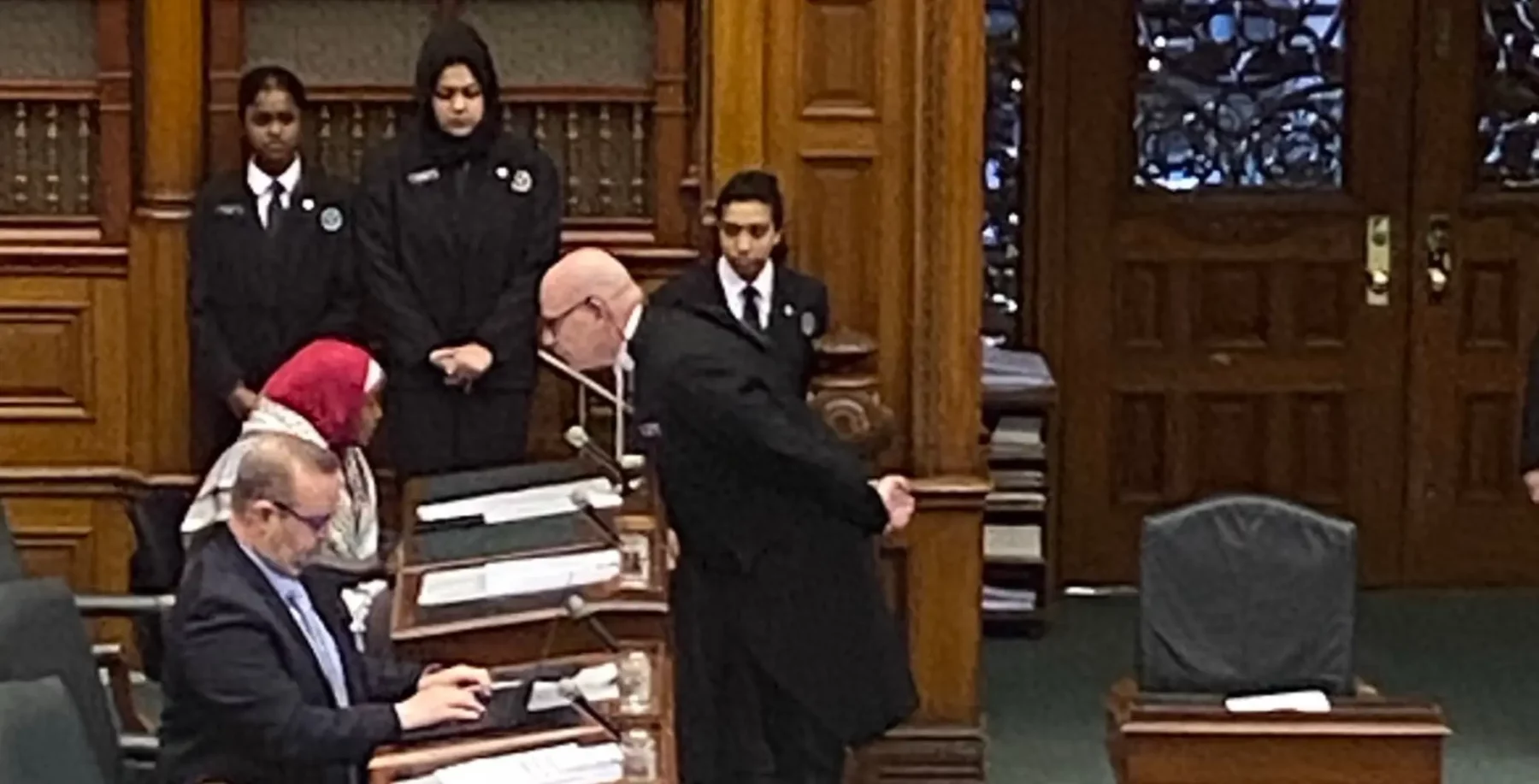
Rating: NNNNN
Toronto police haven’t exactly been winning any awards when it comes to solving murders.
Only 58 per cent of last year’s murders have led to charges, while the clearance rate for murders in the previous five years (2000 to 2004) has hovered around 63 per cent – a dramatic decline from the 86 per cent clearance rate recorded in 1993.
There is little doubt that last year’s unusually low clearance rate is primarily attributable to the fact that many of those murders appear to be gang-related, and witnesses have been reluctant to come forward.
However, a few weeks ago Deputy Chief Tony Warr provided another explanation for the declining efficiency of murder investigations: the Charter Of Rights And Freedoms.
He spoke of the added burden of having to be “more complete and thorough than ever before,” and the “painstaking” constitutional demands for the police to disclose to the Crown and defence the entire fruits of their investigation.
It’s not uncommon for police to complain that legal rights often lead to guilty people being set free, but now they’re suggesting that the Charter Of Rights is preventing them from even bringing cases to court. The idea that the generous protection of the Charter thwarts the effective investigation of crime is becoming a thoughtless mantra of modern policing.
To fight gang-related shootings, it is essential that the police build trust and contacts in the communities plagued by these gangs. Trust cannot be built on a foundation of unreasonable search and arbitrary detention.
If the police live by the dictates of the Charter of Rights, there is a greater chance that community residents will see the process as fair and just, and perhaps will then be more willing to cooperate in the investigation of unsolved gang murders.
Unquestionably, the constitutional entrenchment of legal rights for accused persons has increased the level of complexity and difficulty in some police investigations and, on occasion a criminal will escape justice as a result.
But nothing can be done about the unfortunate fact that some very bad people will also be the beneficiaries of rights that serve to protect everyone from unjustified state intrusions.
There is no empirical evidence to demonstrate that the Charter has been a significant impediment to effective police investigations.
In fact, after 24 years we have little reliable data on how the Charter has changed the face of criminal justice. There are lots of cases and lots of constitutional challenges, but social scientists haven’t really carried out a systemic study.
Based on the few existing studies, one could conclude that police practice hasn’t changed dramatically under the Charter.
For example, a 1981 Law Reform Commission study reported that 59 per cent of search warrants were invalidly issued, whereas two post-Charter studies (1995 and 1999) found the rate to be 39 per cent and 69 per cent respectively.
Before the police can blame the Charter for hampering their investigations, they need to demonstrate that they are actually complying with the burdens imposed by the Constitution.
I have some sympathy for the police complaint that the Charter right to disclosure has converted the crime fighter into a part-time stenographer buried under a mountain of paper.
But constitutional rights have never been about system efficiency. They are about the promotion of individual dignity and autonomy.
Without full disclosure of the evidence, the accused can only bumble around in the dark looking for an unknown defence to a mysterious allegation. If the state can play hide-and-seek with its evidence, we can never have true confidence in the legitimacy of any conviction.
When you look at cases in the Canadian Hall of Fame of wrongful convictions, it’s no surprise that the failure of the state to fully disclose all its evidence was a prime factor leading to the miscarriage of justice.
The police need to embrace the Charter and learn to live with their constitutional obligations instead of blaming the Constitution for the high rate of unsolved murders. The suggestion that the Charter bears some responsibility for this disturbing statistic is as compelling an excuse as “The dog ate my homework.”
Alan Young is a professor of law at Osgoode Hall. His column appears every other week.
news@nowtoronto.com












